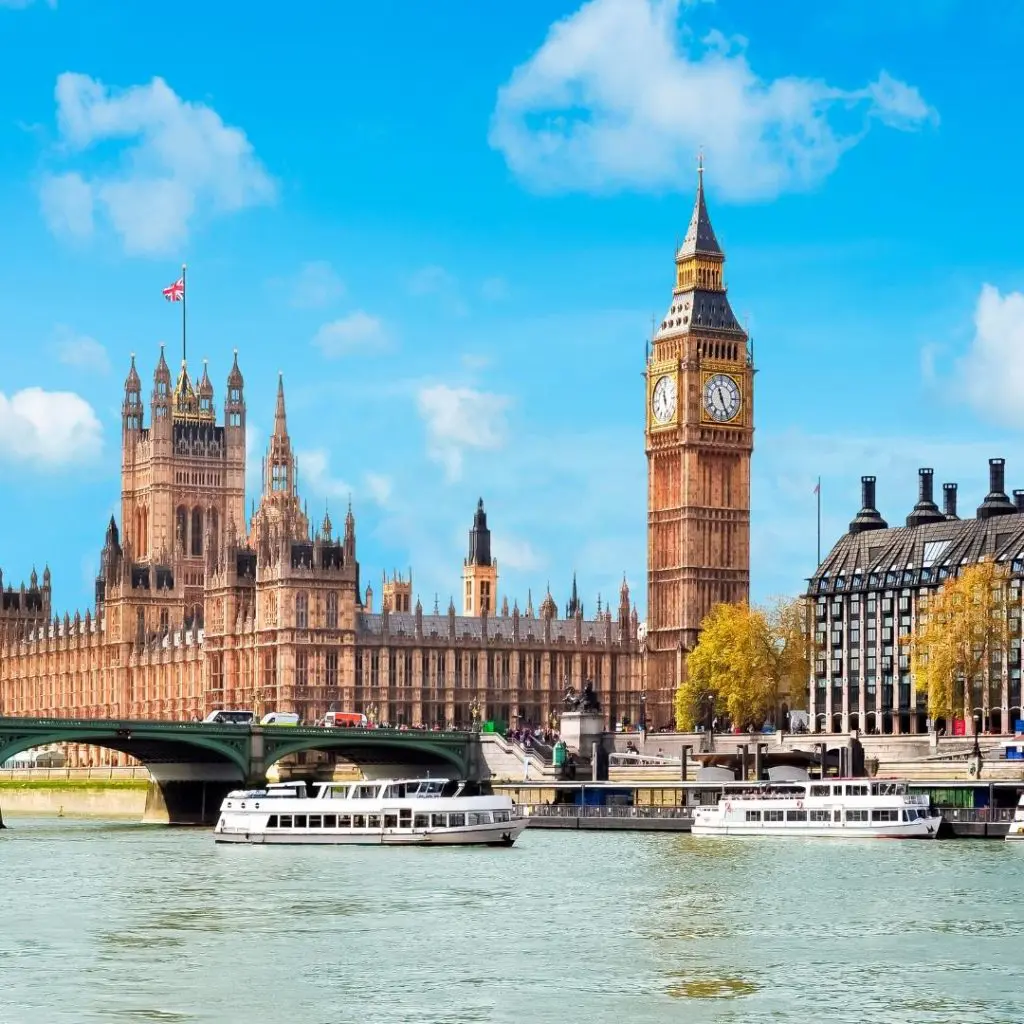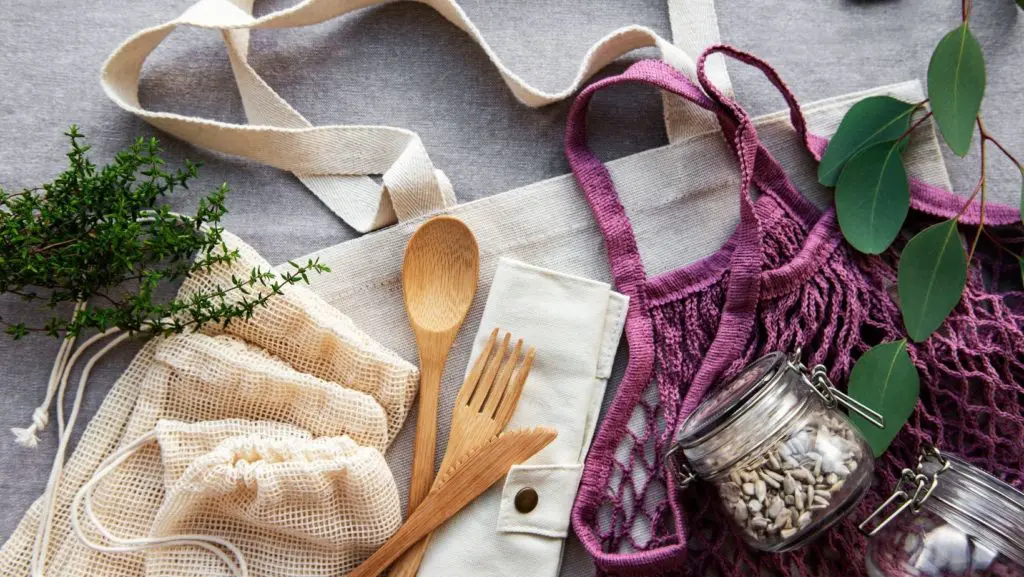
How to live a more sustainable life
David Attenborough once said, “No one will protect what they don’t care about, and no one will care about what they have never experienced”. If you are currently reading these words, it is fair to say that you are someone who cares and wants to live a sustainable lifestyle and do more for our world and environment.
We, the human species, have come to a certain level of consciousness; we know that we can’t keep living the way we do as we’re causing too much harm to Mother Earth. We need to adjust the way we live our lives, be it from how we travel, to what we eat, in order to live a more eco-friendly life.
‘I’m already doing all that I can!’ I hear you say? Many of us are doing lots to help, more people than ever are being environmentally conscious, but there is always more that we can do. In fact, day by day more ideas and innovations are coming about to make these adjustments to our lives even easier! Well, good news! We’ve done the research and put together this blog to make living sustainably even easier:
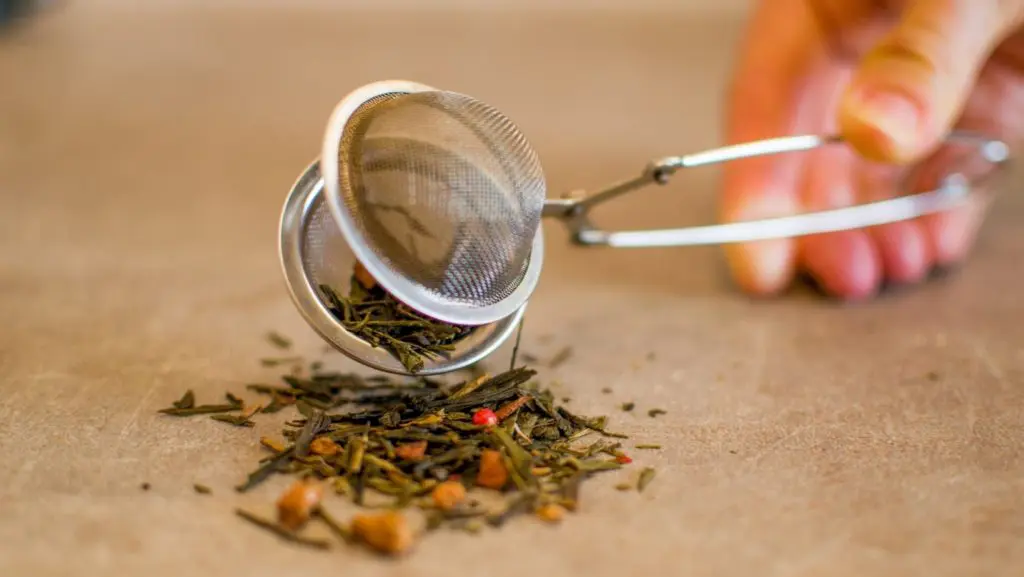
1. Teabags out, tea strainers in
Tea strainers are at the top of our list as here in the UK we drink tea like it’s water. So much so that it’s not unusual to find yourself caught up in that age-old debate; PG Tips or Yorkshire Tea?
Given our passion and consumption of tea, it’s only right that we swap our methods of making it with a more sustainable alternative. A tea strainer is a metal basket that holds the tea leaves so you can enjoy the tea without any loose bits, acting just like a reusable tea bag. Why is this more eco friendly? Well, much like the tote bag it offers a reusable product rather than a single-use one, and when we consider how many teabags we use in one day as a nation, the impact of everyone using one would be astronomical.
2. Invest in a tote bag/s
Tote bags are a sustainable alternative to plastic bags. They are longer-lasting, help to reduce your use of plastic and has now become a sustainable fashion statement! You can buy them for as cheap as £3.
3. Metal water bottles
We know you’ve probably seen this suggested hundreds of times before, but we come with good news that makes now a better time than ever to get yourself one…High street chains are agreeing to provide the public with free drinking water.
Some of the high street names who have signed up to the initiative are:
– Starbuck
– Costa
– Greggs
This is a win-win as it has a positive environmental impact and will save us money when we’re out and about!
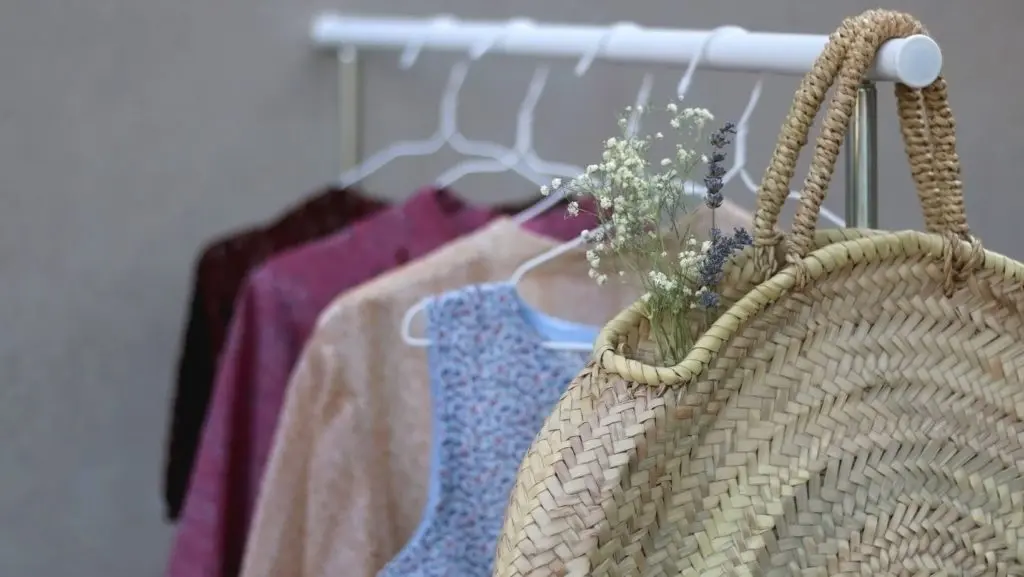
4. Support sustainable fashion
Did you know that you can make money by promoting sustainable fashion? Apps like Depop, Vinted and eBay allow you to resell your pre-loved clothes. You can buy and sell on these apps which impedes fast fashion and saves your clothes from going into a landfill.
Clothes aren’t the only things you can sell through, furniture, home decor and electrical items are also sold on there!
5. Reduce, Reuse, Recycle
Remember Reduce, Reuse, Recycle? It’s time to bring it back!
Reduce: minimise waste created
Reuse: reusing your items
Recycle: using your items for a new purpose instead of throwing it
Living by this golden rule will allow you to make more environmentally conscious buying decisions. You’ll have more control over your carbon footprint, therefore, resulting in a more sustainable lifestyle.
6. Download food apps
Food apps are a very good way of reducing waste. Simply download the app, connect with local sellers and pay less for their goods. This saves you money, prevents food waste and means you are supporting local businesses.
Some of the apps we suggest are:

7. Shop locally
Shopping locally will reduce your carbon footprint by miles and it’s so easy! All you have to do is check where your item is imported from and buy the one that’s closest in terms of location. For example, Oat milk from Scotland is a better choice than Oat milk from California as the product has travelled a smaller distance.
8. Buy more plants
You can actually help generate more clean air by growing plants in your room. Surrounding yourself with plants isn’t just good for the environment, it’s also good for you. Plants help purify the air by removing the toxins in it as well as reduce the amount of carbon emission. They are also very aesthetically pleasing so it’s the benefits are endless!
9. Go plastic-free as much as you can
We understand that it can be very difficult to go completely plastic-free however reducing plastic whenever you can has a really positive environmental impact. Less plastic = less non-biodegradable waste. Some of the small changes you can make are:
– Use a reusable coffee cup when buying coffee on the go;
– Buy less frozen food as most of its packaging is plastic;
– Make your own cleaning products (apple cider vinegar is a good alternative);
– Use razors with replaceable heads rather than single-use;

10. Choose an environmentally friendly bank
A bank that does not invest in fossil fuels is not as difficult as it once was. There are now more ethical banks such as Tridos, Ecology, Nationwide and many more.
Changing your bank to an ethical one is seen as one of the most powerful tools in fighting climate change. Bigger banks usually invest in fossil fuels, therefore, keeping the industry alive.
11. Walk more
Living in student accommodation usually means you are in a prime city-centre location so you’re able to walk more or rely on public transport. These forms of transport are always better for the environment than jumping in your car or calling a taxi.
Walking more doesn’t just have an environmentally friendly impact though, it is of course also good for you, So, by walking more you’ll improve on your overall fitness and mental health.
12. Plan outdoor activities
In the last year, we have all had to become more creative with our activities. With many facilities shut, we have relied on parks, walks and taking up hobbies that involve the great outdoors.
Studies show that people who spend more time in nature are more likely to care about climate change and living a more sustainable life. This is because we see how beautiful mother nature is, and the positive impact it has on our overall mood and health, so we’re more inclined to protect it.
13. Be mindful of how much electricity you use
The more electricity we use the more greenhouse gasses and fossil fuels we produce. These cause unsafe compounds in the air, which have a negative impact on the environment and us.
Luckily, there are now a lot of sources for using renewable energy and the public are a lot more mindful of how much electricity we use. One great tip for being more in control of how much electricity you use is buying a power strip and plugging everything into that (leave fridges and freezers on at all times of course). This way your home will be more energy-efficient and you will be able to easily switch off all your electrical goods from one plug, it’ll save you time, money and the environment!
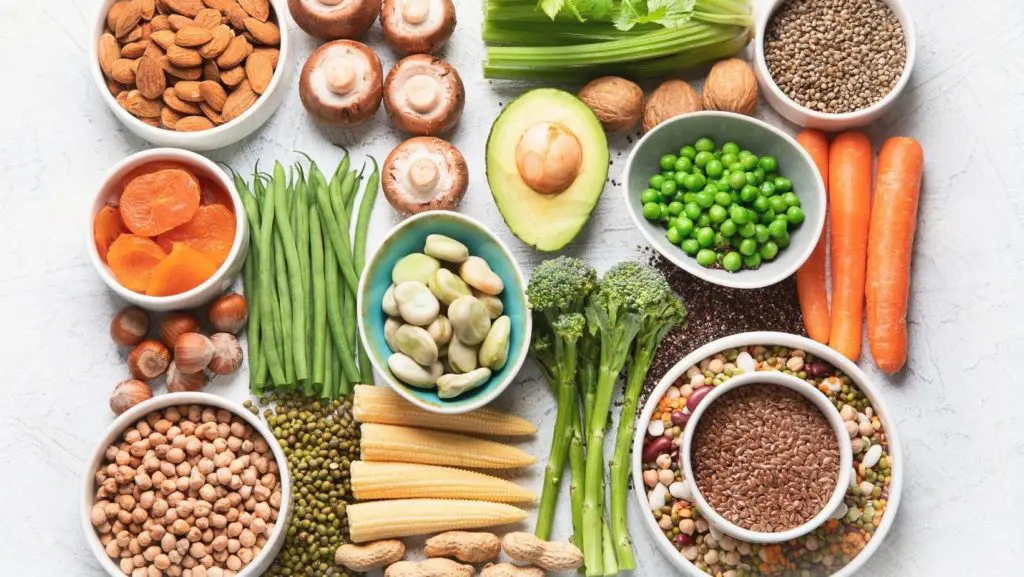
14. Less meat, more plants
Cutting meat out of your diet may not be an option for you, however, this doesn’t mean you can’t eat more sustainably. Eating meat less often, finding meat alternatives or eating foods that are further down the food chain will lower the amount of greenhouse gasses you emit.
Some examples of foods that are lower in the food chain?
– Beans
– Leafy greens
– Celery
– Asparagus
– Cabbage
– Cauliflower
– Brussels sprouts
– Broccoli
15. Continue to educate yourself and others
If you’re reading this blog and researching sustainable living ideas then you’re already on the right track. You care about the environment and future generations, so you’re making a start already.
Sharing your findings and the little changes you’ve made with your friends and family will encourage them to take similar steps. By inspiring the people around you, the impact you make multiplies.
